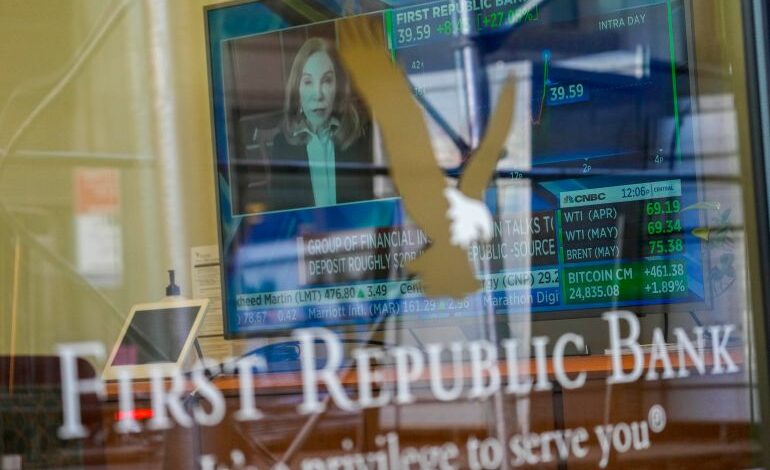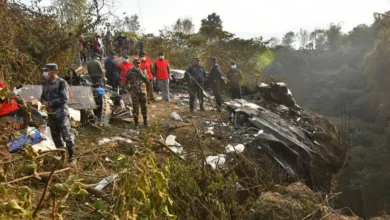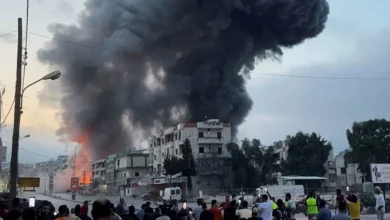US banking crisis: Is your money safe?

Recent turmoil in the banking industry may have you worried about your money.
On Monday, officials announced that they closed San Francisco-based First Republic Bank, making it the third US bank to collapse in the past two months. Most of First Republic’s assets are being acquired by JPMorgan.First Republic had wealthy clients who rarely defaulted on their loans. But the vast majority of deposits were above the $250,000 limit set by the Federal Deposit Insurance Corporation (FDIC), meaning they were uninsured.
And that worried analysts and investors who were apprehensive that if First Republic were to fail, its customers might not get all their money back.
Silicon Valley Bank and Signature Bank, which catered mostly to the tech industry, collapsed in March under similar circumstances.
The First Republic deal announced on Monday means customers will be able to access all of their money, according to the FDIC.Nearly all banks are FDIC insured. You can look for the FDIC logo at bank teller windows or at the entrance to your bank branch.
Credit unions are insured by the National Credit Union Administration.
If you have more than $250,000 in individual accounts at one bank, the amount over $250,000 is considered uninsured.
Are there red flags you should look for?
If you are worried about your bank closing in the near future, there are some things you can watch out for, according to Caleb Silver, editor-in-chief of Investopedia, a financial media website:
Watch the stock price.
Keep an eye on the quarterly and annual reports from your bank.
Start a Google alert for your bank in case there are news stories about it.
You want to make sure you pay close attention to the way your bank is behaving, Silver said.
Public companies, including banks, do sell shares or issue new ones for various reasons, so context matters. First Republic did so this year when the hazards it faced were well known, and it kicked off an exodus of investors and depositors.
Should you look for alternatives?
If you have more than $250,000 in your bank, you can open a joint account. You can protect up to $500,000 by opening a joint account with someone else, such as your spouse, said Greg McBride, chief financial analyst at Bankrate, a financial services company.“A married couple can easily protect $1m at the same bank by each having an individual account and together having a joint account,” McBride said.
You can also move to another financial institution. Moving your money to other financial institutions and having up to $250,000 in each account will ensure that your money is insured by the FDIC, McBride said.
Do not withdraw cash. Despite the recent uncertainty, experts do not recommend withdrawing cash from your account. Keeping your money in financial institutions rather than in your home is safer, especially when the amount is insured.
How long does it take for insured money to be available if a bank fails?
Historically, the FDIC says, it has returned insured deposits within a few days of a bank closing. It will either provide that amount in a new account at another insured bank or issue a cheque.
What about other investments?
Customers should closely examine the types of investments they have in their bank to know how much of their assets are insured by the FDIC.










